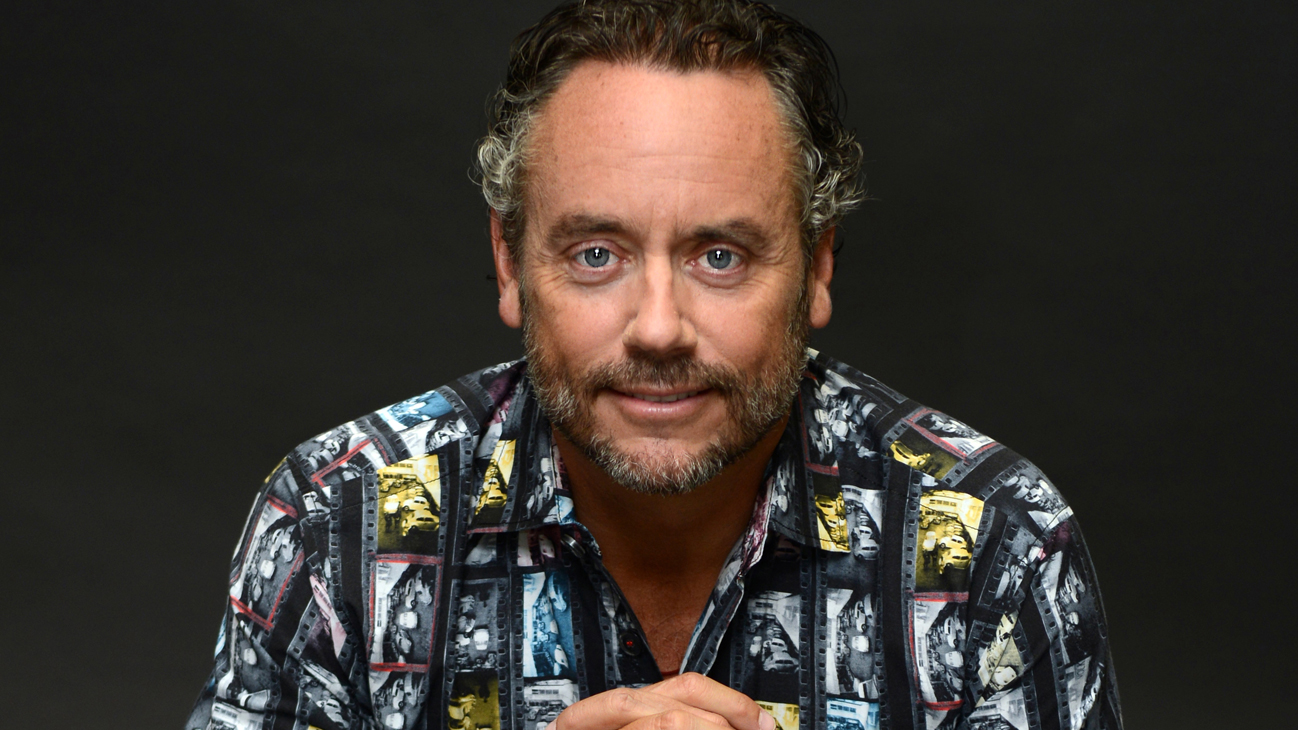Former CBC TV “Dragon” and celebrated entrepreneur W. Brett Wilson‘s recent column in The Financial Post:
Whatever you think of the Idle No More movement, it has focused attention on First Nations issues and sparked debate about solutions. Like some First Nations groups, I believe inspiring and encouraging “the entrepreneur within” is core to establishing independence and self worth for Aboriginal peoples, both individually and collectively.
As a Prairie boy, I love the analogy of “planting seeds” of entrepreneurship, knowing that without planting seeds there will never be a crop. We need to plant those seeds and then nurture them to fruition.
My business partner and Dragons’ Den entrepreneur Barb Stegemann has a brilliant approach to entrepreneurship as a vehicle for social change. She sources organic oils from farmers in countries or regions in strife, such as Afghanistan, Haiti and the Middle East, pays full market value for the oil, and turns it into beautiful perfumes, sold across Canada and internationally. Her business is helping rebuild nations while providing employment and encouragement to hundreds.
In a similar way, a renewed focus on entrepreneurship could help address the many pressing social issues facing Canada’s Aboriginal peoples. There are many bright, innovative Aboriginal business people in Canada who just need a bit of help with resources and guidance to get their ideas off the ground. But the biggest thing we as a country need to do is to inspire and encourage that innovation.
A few years ago, I funded the Wilson Centre for Entrepreneurial Excellence at the University of Saskatchewan. Its mandate is to inspire innovation and entrepreneurial thinking in all colleges and disciplines at U of S. One of the centre’s more recent initiatives, done with CBC Saskatchewan, is Boom Box, an Aboriginal business idea challenge that invited entrepreneurs to compete for seed money and mentoring support by pitching their ideas to a panel of entrepreneurs, of which I was one. Shari Narine’s article on the winners, which I’ve referenced, can be found here.
Jacob Pratt, a third-year business student at First Nations University in Prince Albert took first place with his pitch for Wambi Dance, an agency that promotes Aboriginal artists to event planners and others looking for local talent to showcase. It’s a growing service that isn’t provided anywhere else in the province. Pratt won $2,500 and got something even more valuable: three months of mentorship.
Jennifer Dubois, who is graduating this year from the School of Business at First Nations University, plans to open a salon spa that provides full-scale services to a variety of customers, but also a “First Nations experience” to those who want to maintain their cultural traditions. Dubois also plans to offer services to low-income families and travel to reserves to cut hair. She intends to support other Aboriginal entrepreneurs by purchasing product from Aboriginal wholesalers and displaying the work of Aboriginal artists.
Heather Abbey, a self-described mompreneur, is establishing ShopCairo.ca, an online platform for Aboriginal artists to sell their work. As part of her business research, she found that a lack of resources hindered many artists from getting their art to prospective buyers, primarily found at powwows and regional fairs. More often than not, artists would sell their goods at slashed rates on the last day of the event, making the experience decidedly unprofitable. ShopCairo makes it easy for artists to sell anytime, anywhere, with nothing more than a digital camera, Internet connection and a nearby post office.
Subject to a little more coaching and money, these winners are ready to go to market, and hopefully be added to the list of successful Aboriginal entrepreneurs in Saskatchewan. With nearly 40 pitches and 100,000 hits posted on the Boom Box website during the initial year of the program, there is clearly solid and growing interest in these kind of entrepreneurial initiatives.
This year’s Boom Box winners are a tremendous example of how people with a social, cultural and entrepreneurial mindset are helping foster social and financial independence in Aboriginal communities. An attitude of empowerment rather than entitlement is, to my mind, the only way to provide real and sustainable solutions to the various social issues facing Canada’s Aboriginal communities. That’s the kind of effective action everyone can agree on.
The Financial Post

